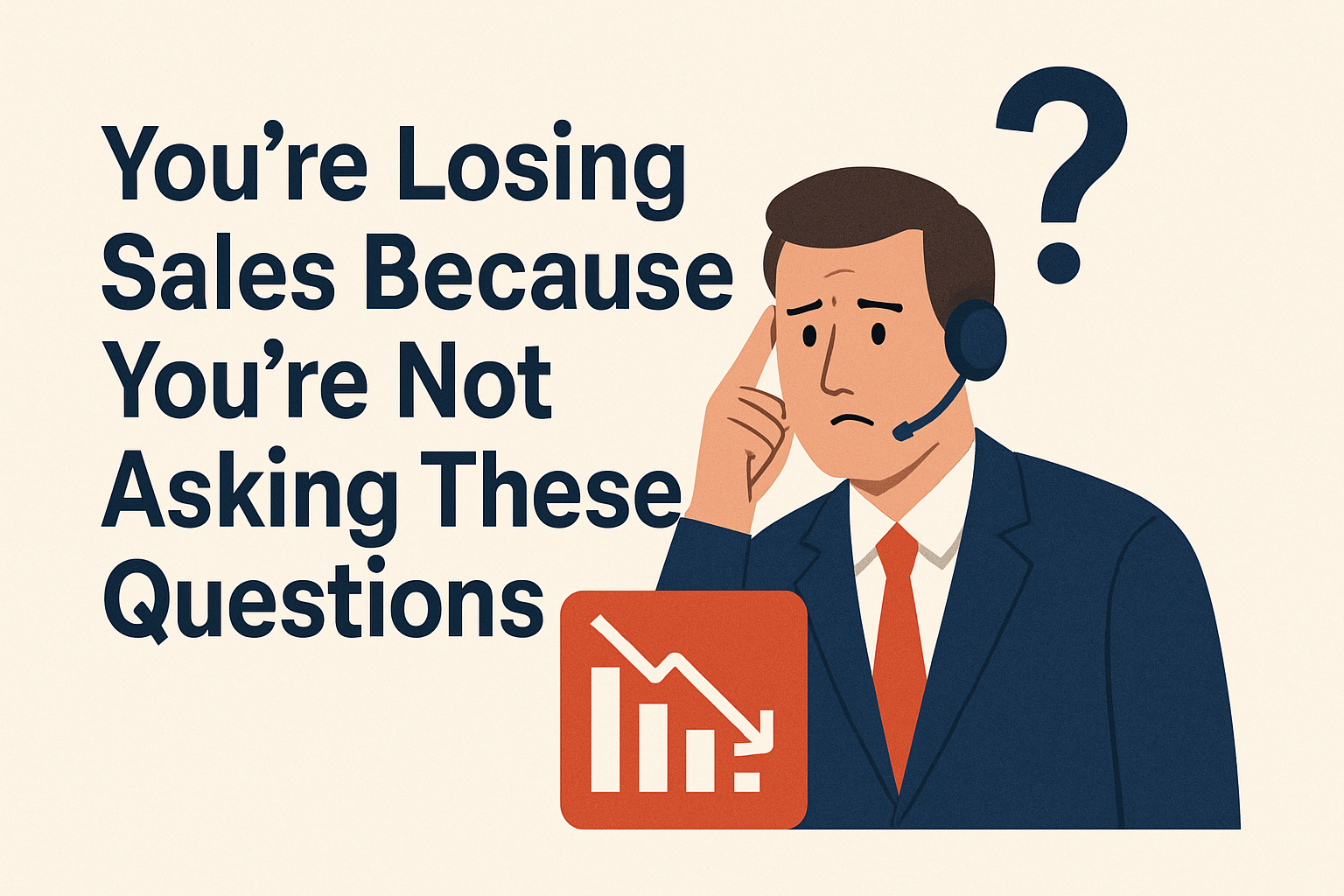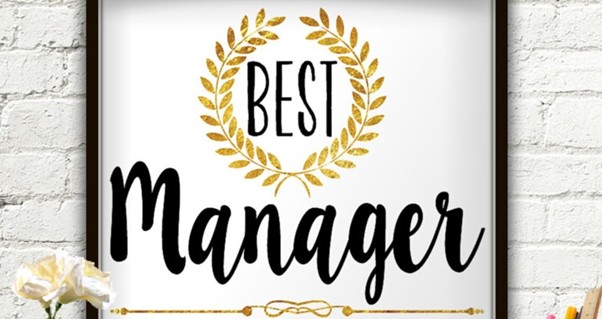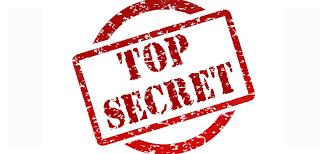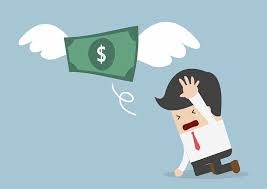A desperate salesman is trying to pitch an expensive business software over the phone.
Salesman: “Hello, sir! I’m calling today because I have an incredible solution that can save your company thousands of dollars.”
The voice on the other end sighs. “Not interested.”
Salesman: “Totally understand. But just out of curiosity, what’s your biggest business problem right now?”
“Honestly? People like you calling me all day.”
The salesman grins. “Perfect! Because our software filters out spam calls. Should I sign you up now, or do you want to hear the features first?”
There’s a long pause.
“…Alright, that was good. Send me the details.”
The Biggest Cold Calling Mistakes Sales Reps Make (Are You Guilty?)
Cold calling is an art—and let’s be honest, it can also feel like a nightmare if you’re doing it wrong. Nothing stings more than hearing “Not interested” before you even introduce yourself. But here’s the good news: most of the mistakes salespeople make on cold calls are fixable.
If you’ve been struggling to book meetings, close deals, or even just keep prospects on the phone, you might be guilty of one (or more) of these common cold calling mistakes. Let’s break them down and, more importantly, fix them.
1. Talking Too Much (And Not Listening Enough)
Ever had a salesperson call you and ramble for five minutes straight? Annoying, right?
Many salespeople make the mistake of diving into a pitch before they even understand the prospect’s needs. Remember, cold calling isn’t about you—it’s about them.
The fix: Ask open-ended questions. Listen twice as much as you speak. A simple framework is the 70/30 rule—let the prospect talk 70% of the time.
Try this: “I know I called you out of the blue, but can I ask—what’s your biggest challenge when it comes to [their industry] right now?” Then, shut up and listen.
2. Sounding Like a Robotic Script Reader
“Hi [Prospect’s Name], my name is [Your Name] from [Company], and I’d like to take a few minutes to tell you about…” Click.
Sound familiar? The moment you sound scripted, you lose credibility. People can smell a robotic pitch a mile away.
How to fix it: Learn your script, then ditch the script. Instead of reading word-for-word, focus on a natural conversation. Use a bullet-point outline instead of a full script so you can adapt to the prospect’s responses.
3. Not Researching Your Prospect
Would you rather: A) Call a prospect and know their company, industry, and pain points? B) Call and hope they magically need your product at that exact moment?
Exactly.
Fix it: Spend at least 5 minutes researching your prospect before calling. Check LinkedIn, company websites, and recent news. Reference something specific to show you’ve done your homework.
For example: “Hey Mike, I saw your company just expanded into the [example] market—congrats! Curious, how has that affected your [relevant challenge]?”
4. Giving Up Too Easily
Sales reps hear “no” once and assume the deal is dead. Big mistake. Most prospects need at least 5-7 touches before they’re ready to buy. A single cold call rarely seals the deal—but it’s the start of the conversation.
Fix it: Follow up strategically. If they don’t answer, try again with a different approach—an email, a LinkedIn message, or a voicemail that provides value.
Example: Instead of “Just checking in,” try “I came across an article on [prospect’s industry challenge] and thought of you. Want me to send it over?” Give before you ask.
5. Not Handling Objections
When a prospect says, “I’m not interested,” do you:
A) Say “Okay, thanks for your time” and hang up?
B) Panic and start pitching harder?
C) Ask a question to uncover the real objection?
If you answered C, you’re on the right track.
How to fix it: Objections aren’t always real. Often, they’re just a reflex to get off the call. Instead of backing down, ask something like:
- “Totally understand. Just curious—when was the last time you reviewed your [service/product] strategy?”
- “I hear you. Before I go, can I ask—what would make this worth a conversation down the line?”
This keeps the door open rather than slamming it shut.
6. Not Having a Clear Call to Action
A great call means nothing if you don’t ask for the next step. Too many salespeople finish a call with:
“Let me know if you’re interested.” (Spoiler: They won’t.)
The fix: Always guide the conversation to a clear CTA (call to action).
- “Let’s set up a quick 15-minute chat next Tuesday—what time works for you?”
- “I’ll send you some info, and we can follow up on Thursday—sound good?”
Be direct. Be confident. Lead the prospect, don’t just hope they follow.
Are You Making These Cold Calling Mistakes? Let’s Fix Them Today.
At KONA, we believe that cold calling doesn’t have to be painful—it just takes the right approach. The best salespeople aren’t the ones who never fail; they’re the ones who fail, learn, and improve.
Are you guilty of any of these cold calling mistakes? If so, it’s time to make a change. Start listening more, ditch the robotic script, research your prospects, and always have a next step.
Want to level up your cold calling game? Contact KONA and speak with one of our Sales Training Experts and get your team to start closing more deals today!
Call 1300 611 288 or email info@kona.com.au













































































































